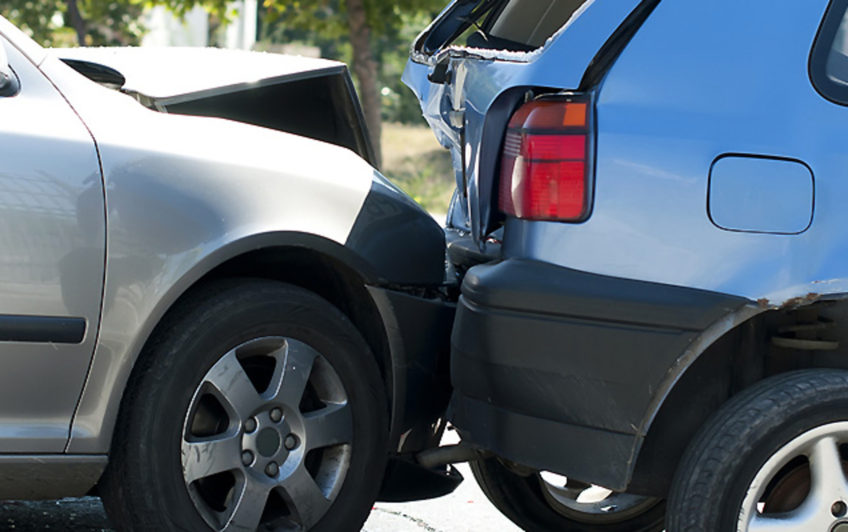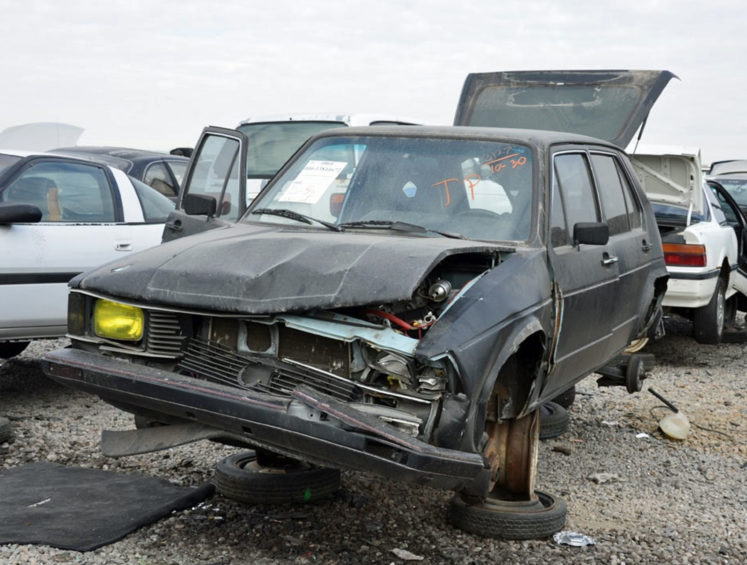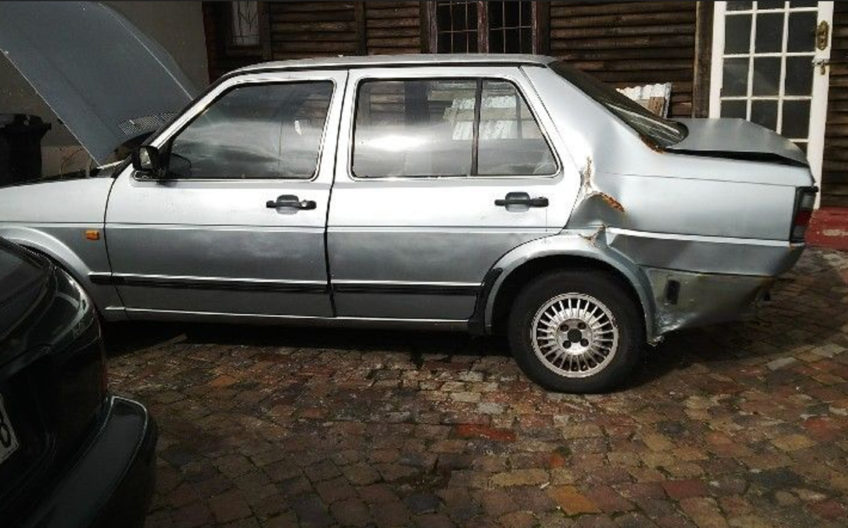The Association of British Insurers (ABI) has announced new categories for written-off cars, with the current Category C and Category D classifications being replaced by new ones from October 1.
The move is being implemented following research by the ABI which recognised that the increasing complexity of repairs have made it more difficult for insurance assessors and bodyshops to determine if cars can safely be fixed or not.
The new classifications – S for structurally damaged repairable and N, for non-structurally damaged repairable – will put more emphasis on the condition of the vehicle as opposed to repair costs. The positives from this are that there will be a reduced risk of dangerous, crash damaged cars going back on the road. In theory, at least, it should also prevent soon-to-be classics being taken off the road due to largely cosmetic damage by being given a less severe Cat N classification.

Said Ben Howarth, senior policy adviser for motor and liability at the ABI: “The changes are focused on making the UK’s roads safer, and ensuring that consumers have transparency about the history of vehicles they are considering buying.”
Currently, a decision is made to ‘write-off’ a car based on the cost of repair in relation to the car’s pre-accident value and additional costs such as hire car charges while the claim is being settled and repairs carried out. This can soon mount up if parts take longer than normal to source, for example.

This is why it’s often more cost effective for an insurer to classify older, low value cars as a Category C write-off, despite having only minor damage. Conversely, newer high value cars with serious structural damage, may still only be categorised as a less serious Category D, simply because its accident damage would cost less to repair than its value.
The existing Category A (insisting that the vehicle be scrapped) and Category B (fit only for breaking) remain unchanged.

A vehicle’s V5 should indicate if a vehicle has been written off (in the special notes section), although it is always wise to carry out a vehicle status check to be absolutely sure of its history.
Ian
The opinions expressed here are the personal opinions of the author and do not necessarily represent the views and opinions of VW Heritage.

